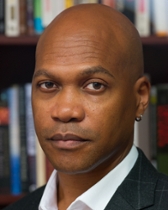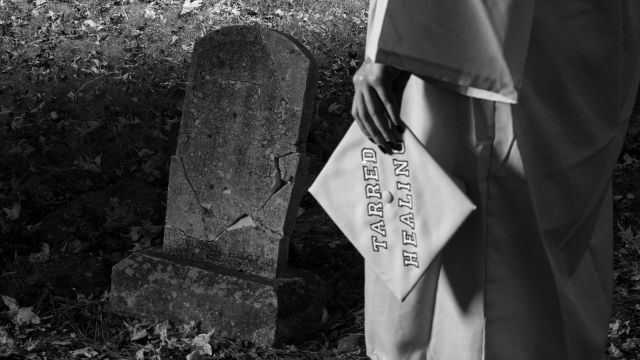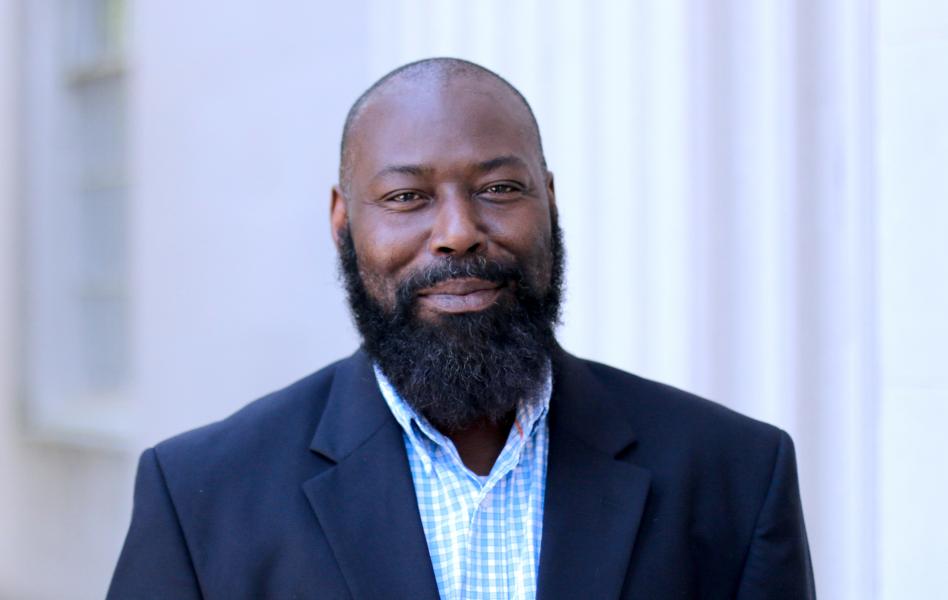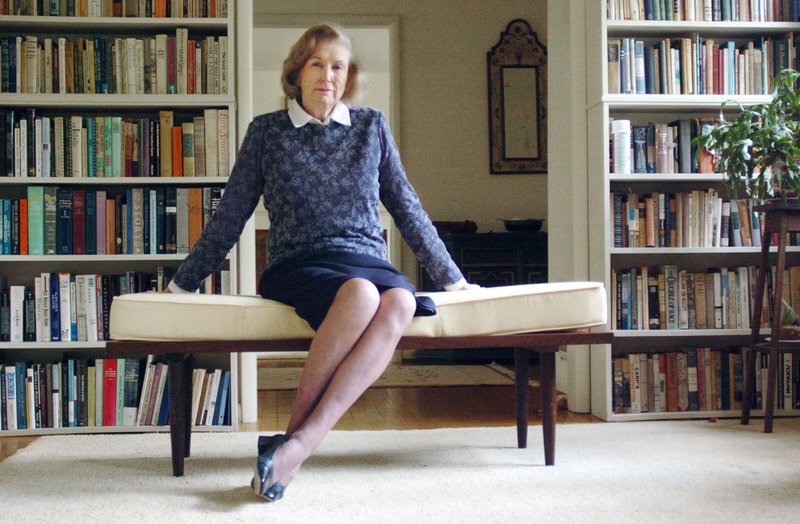
Courtesy of Northwestern University
The Stone Center hosted E. Patrick Johnson last week to speak about his book, Black. Queer. Southern. Women. He performed dramatic readings of certain women’s stories and discussed with audience members the book’s oral histories about black lesbian identity in the South.
Johnson, who is a performance studies and African-American studies professor at Northwestern University, decided to write the book following reactions to Sweet Tea, his book on black gay men living in the Southern US. He said he discovered a thriving community of queer women, talking with 79 women over 16 months, and had a difficult time determining which stories to use.
“It was about, ‘I’ve been hearing these themes about gender non-conformity across these narratives,’” said Johnson. “‘Which ones are unique among the whole set of these stories?’ So, that’s how I would make those decisions.”
A graduate of UNC, Johnson returned to campus during a time where racial issues are still happening. With the ongoing debate over the Confederate monument Silent Sam and the resurfacing of a yearbook photo portraying a student wearing blackface, it’s difficult to celebrate black history without running into the school’s checkered past.
Johnson said it’s an example of how the university exists with some contradictions attached. He reflected on how when he was a student at UNC, he marched with other students to fight for a black cultural building.
“Even when I was here,” Johnson said, “the Stone Center wasn’t here, we were marching to make it happen, and we were marching against the apartheid movement. So, it’s always been a place of contradictions, but it’ll always have a fond place in my heart.”
Johnson also said he believes the next step in addressing these racial issues and tolerance of all people lies with today’s youngest generation.
“I feel inclusiveness is a part of Generation Z’s DNA,” he said. “I think if there’s any hope for us to get over these racial, gender, sexual or class differences, it’s in the next generation. Within each generation, some of those differences dissolve. We have a long way to go, but I think [by looking at Generation Z], the future looks promising.”
The Stone Center’s next writer’s discussion series will be on February 26.
Photo courtesy of Northwestern University
Related Stories
‹

1 Year After UNC Spurns 'Tarred Healing,' Photo Exhibit Opens in National Civil Rights MuseumOne year after a UNC center canceled its display of the photo exhibit "Tarred Healing," it debuted at the National Civil Rights Museum.

Randall Kenan Dies: Author Depicted Black, Gay Life in ProseRandall Kenan, an author whose stories explored the experience of being Black and gay in the American South, has died. He was 57. The University of North Carolina, where Kenan taught as an English professor, confirmed his death on Saturday. A cause was not immediately available, Daniel Wallace, his friend and colleague at the university, […]
![]()
Orange County Voting Precincts Receive Updates, Early Voting Location AddedThe voting precincts in Orange County saw changes enacted on January 1 of the new year, shifting where some residents may be voting in the upcoming primary elections in March. The 44 pre-existing precincts have been altered to 41 precincts, with some areas being combined and others being split. Director of the Orange County Board […]

Renowned Author and Chapel Hill Resident Elizabeth Spencer Dies at 98Elizabeth Spencer, a grande dame of Southern literature who bravely navigated between the Jim Crow past and open-ended present in her novels and stories including the celebrated novella “Light In the Piazza,” has died at 98. Spencer, who sometimes went by her married name Elizabeth Rusher, died Sunday night in Chapel Hill, North Carolina, according […]

This is Tourism: The Sonja Haynes Stone CenterThe Sonja Haynes Stone Center for Black Culture and History is a landmark and cultural asset on the campus of UNC-Chapel Hill. On today’s edition of “This is Tourism” — which you can listen to below — WCHL’s Ron Stutts is joined by the Center’s director, Joseph Jordan, to talk about how the Center continues […]
![]()
Step Dancing Comes To CHPLIt's a free step dancing show, with performances by local 3rd through 5th graders.
![]()
A Courageous Choice: Football Or FreedomThe Missouri football team has demonstrated the power student-athletes can hold.

Several UNC Football Stars Will Return to Chapel Hill in 2026. Here's the Full List.In an era of unrestricted player movement in college football, teams are undergoing radical changes every offseason. Take UNC before the 2025 season, when the Tar Heels upended their roster and brought in 70 new players. This offseason, there is only one transfer portal window, between Jan. 2 and Jan. 16. More than two dozen […]

Kelly's Career Night Leads UNC Women's Basketball Past MiamiJunior guard Reniya Kelly scored a career-high 24 points to help UNC overcome a halftime deficit and beat visiting Miami 73-62 at Carmichael Arena Thursday night. CROWN HER 👑 A career-high 24 points for Reniya! pic.twitter.com/8ryipYktI7 — Carolina Women's Basketball (@uncwbb) January 16, 2026 Kelly’s outburst came after the junior from Alabama hadn’t reached double […]

UNC Men's Basketball at Cal (2026): How to Watch, Cord-Cutting Options and Tip-Off TimeUNC will wrap up its west coast swing Saturday when it visits Cal in Berkeley. It will be only the second time the Tar Heels have visited the Bears’ Haas Pavilion. If you aren’t out in California with the team, here’s how you can follow along at home: Broadcast Schedule Those hoping to listen on […]
›









